Learn how Traditional Chinese Medicine approaches Meniere’s Disease. Explore how imbalances like Dampness, Heat, and Stagnation can contribute to your symptoms and how specific lifestyle changes and TCM treatments may offer relief. This will help you better understand your treatment’s rationale and how to better help yourself.
How imbalances like Dampness, Heat, and Stagnation contribute to symptoms. How common comorbidities can aggravate your symptoms. How Traditional-based treatments such as herbs, acupuncture, diet, movement, and hydrotherapy help symptoms.
In Traditional Chinese Medicine, Meniere's Disease is categorized as a patterns involving Dampness, Heat, and Stagnation in the upper body. Addressing these patterns can provide effective symptom relief and improved quality of life.
Improper fluid movement in the body—whether there’s too much, or it’s not where it should be.
Dampness reflects the improper movement or accumulation of fluids in the body. In Meniere’s Disease, Dampness often appears as a buildup of fluid in the ear, leading to symptoms like ear fullness and vertigo. However, Dampness can also present in other ways, such as excessive mucus in the nose, watery eyes, swelling (edema), and biofilm buildup where bacteria and viruses can hide and thrive. Other signs of Dampness might include watery stool, and a feeling of heaviness in the body. Dampness is often produced from poor digestion, diet plays a crucial role in managing Meniere’s Disease.
Inflammation and Vasodilation
Heat in the body corresponds to inflammation and excessive vasodilation, similar to the feeling of being flushed or overheated. This pattern can be especially pronounced in people with autoimmune conditions, where chronic inflammation often creates symptoms like redness, itching, and general discomfort. An overactive histamine response is also a sign of Heat in the body. Medicines that control histamine receptors, such as H1 (used for allergy management) and H3 (for brain inflammation), like betahistine, are commonly prescribed for managing these inflammatory symptoms in Ménière’s disease. Heat may be triggered by allergies, viral attacks, or autoimmune responses, each intensifying inflammation and worsening Meniere’s symptoms.
Lack of Movement. Things are stuck and painful.
Stagnation describes areas of the body where movement is restricted, often resulting in pain, tension, or pressure. Common examples include neck pain, jaw tension, and migraines—all of which are frequently associated with Meniere’s Disease. Stagnation impedes the free movement of blood and gasses inthe body leading to pressure and pain. This is why some people find relief with therapies that promote movement, such as chiropractic, acupuncture, and massage. These methods work to release areas of Stagnation, restoring movement and relieving pressure, which can help alleviate the symptoms of Meniere’s.
They help us understand what is going on and what might make things better
Understanding patterns in Traditional Chinese Medicine gives us a powerful framework for treating Meniere’s Disease—not just as an isolated condition, but as part of a larger picture of health.
Meniere’s Disease typically involves a pattern of Dampness, reflected by excessive fluid buildup in the inner ear. This Dampness often arises from underlying Heat, representing inflammation or autoimmune activity within the body. The condition is further aggravated by Stagnation, particularly tension or pain in the neck area, which irritates nerves and disrupts normal blood flow and energy circulation.
The patterns of Dampness, Heat, and Stagnation also align with common comorbidities such as digestive issues, allergies, and chronic headaches. This means that as we treat the patterns causing these comorbidities, we’re also supporting the body in reducing the frequency and severity of Meniere’s symptoms. In other words, when we treat the whole person, we help the ear heal too.
Comorbidities play a significant role in how Meniere's Disease manifests, progresses and how we can treat it. By focusing on these related Conditions such as autoimmune disorders, migraines, and chronic stress, we can can decrease Heat, Dampness, and Stagnation in the body.
An imbalance in the gut microbiota, may be a contributing factor in the development and progression of Meniere’s Disease.
Addressing the body’s digestive health and fluid machanics can improve Meniere’s outcomes
Autoimmune have a higher prevalence among Meniere’s patients, and these inflammatory responses can intensify symptoms
Controlling heat and inflammation in the body can help manage overactive immune system and improve Meniere’s
Roughly one-third of MD cases involve autoimmune components. Commonly associated autoimmune diseases include rheumatoid arthritis and thyroiditis. Several theories, including cross-reaction and genetic predisposition, explain the autoimmune link.
Allergic reactions are recognized as potential MD triggers, with patients showing symptom improvement after allergy-specific therapies.
Symptoms include migraines, neck pain, and jaw tension, which frequently coexist with Meniere’s Disease
Effective treatment of neck pain vestibular migraine can help reduce frequency and severity of Meniere’s episodes
Neck pain can trigger or worsen symptoms in Ménière’s disease due to restricted blood flow and nerve irritation from cervical spine issues.
Migraines share overlapping mechanisms with Ménière’s disease.
-Cervical vertigo arises from dysfunction in the neck (cervical spine), causing dizziness and balance issues.
Vestibular migraine is characterized by vertigo and dizziness linked directly to migraine episodes.
Chronic illnesses frequently involve an overactive sympathetic nervous system, often referred to as the body’s “fight-or-flight” response.
Meniere’s disease is no exception. Research shows that just before a dizzy spell, there is typically a spike in sympathetic nervous system activity.
Both physical and emotional stress can further activate the sympathetic nervous system, making Ménière’s symptoms even more severe.
This protocol uses dietary changes, herbal supplements, and intermittent fasting to reduce Dampness, controlling excess fluid buildup in the ear and improving digestive health.
It incorporates antihistamines and hydrotherapy to manage inflammation Heat, calming autoimmune responses and allergic reactions that worsen symptoms.
To address Stagnation, treatments like acupuncture, self-massage, and gentle stretching are included to improve circulation, relieve neck tension, and alleviate pain.
Finally, breathing exercises and calming patches help balance an Overactive sympathetic nervous system, reducing stress and promoting overall relaxation, essential for long-term relief from Meniere’s episodes.
The Bai Zhu Balance herbal formula is specifically designed to help people with Meniere's disease.
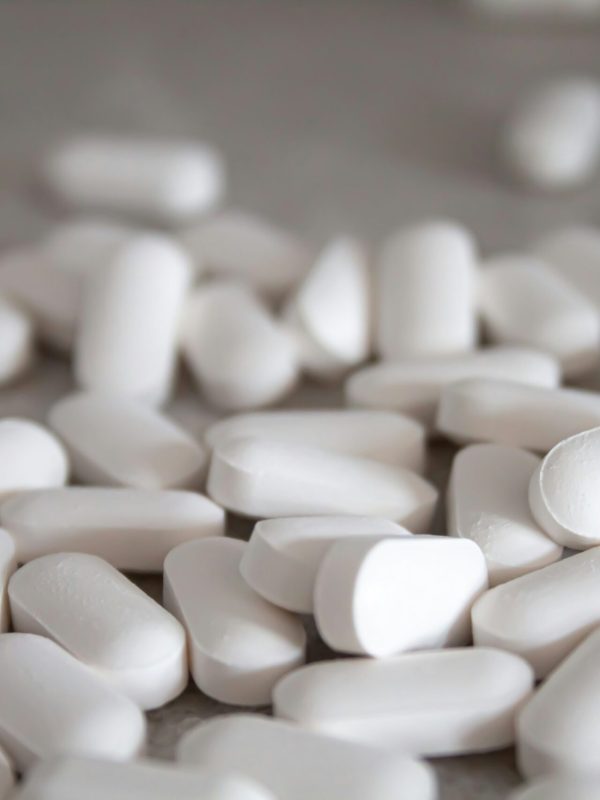
Learn about what drug options are used to treat meniere's disease.
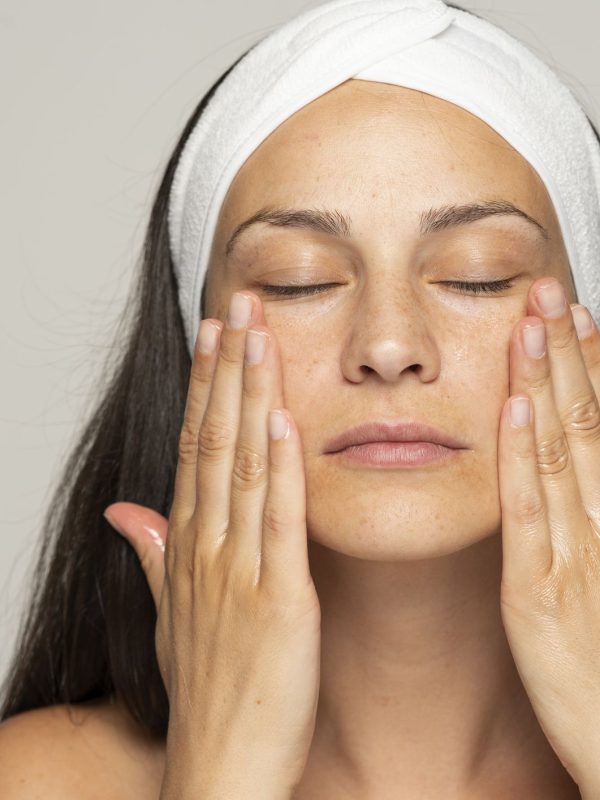
Learn about effective self-help strategies for managing Meniere's disease.
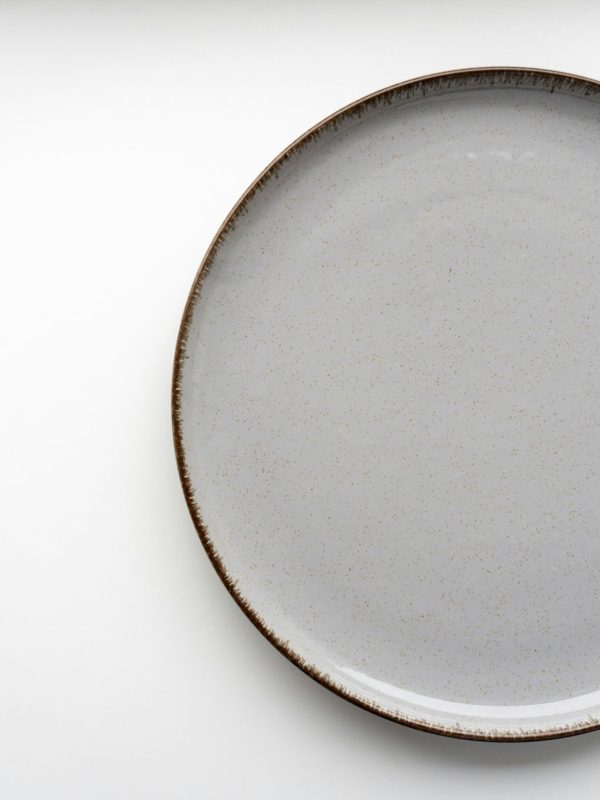
Is there a link between diet and Meniere's attacks? Learn what is true and what is not.

Learn about what foods to eat, what to avoid and how to eat it.
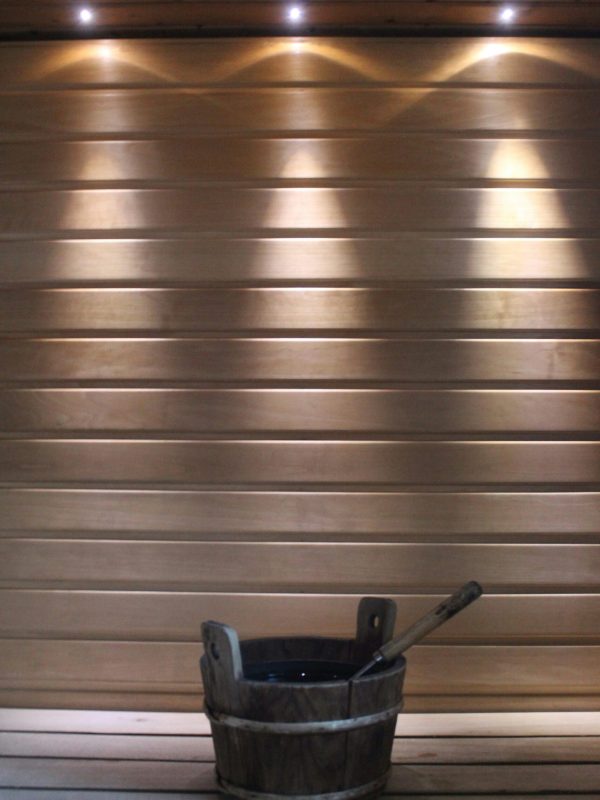
If you've ever wondered whether a sauna or a cold plunge is better for your dizziness
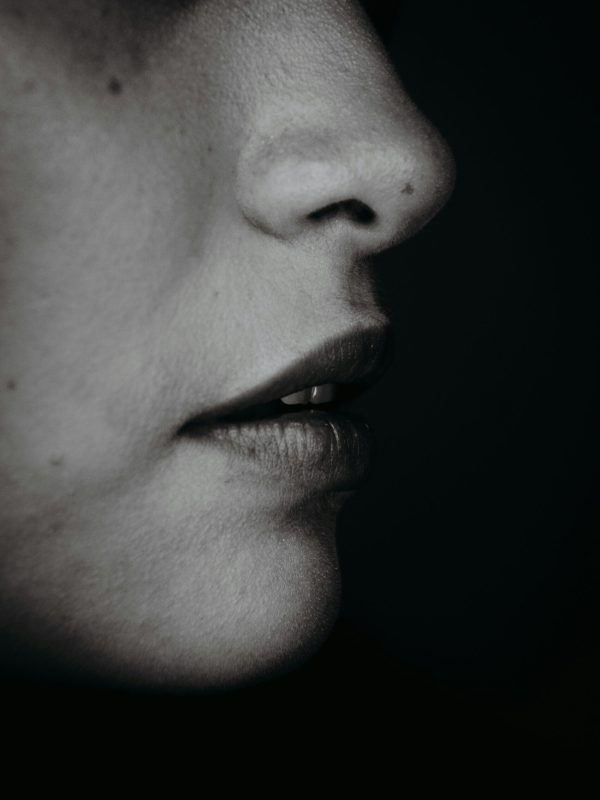
One of the simplest yet most effective ways to manage Meniere’s disease is by focusing on your breathing.

Discover the benefits of Face massage. Learn how face massage can help relieve Meniere’s disease symptoms.

Instructions Eustachian Tube Massage. If you’re dealing with ear pressure, blocked ears, or symptoms related to Meniere’s disease.
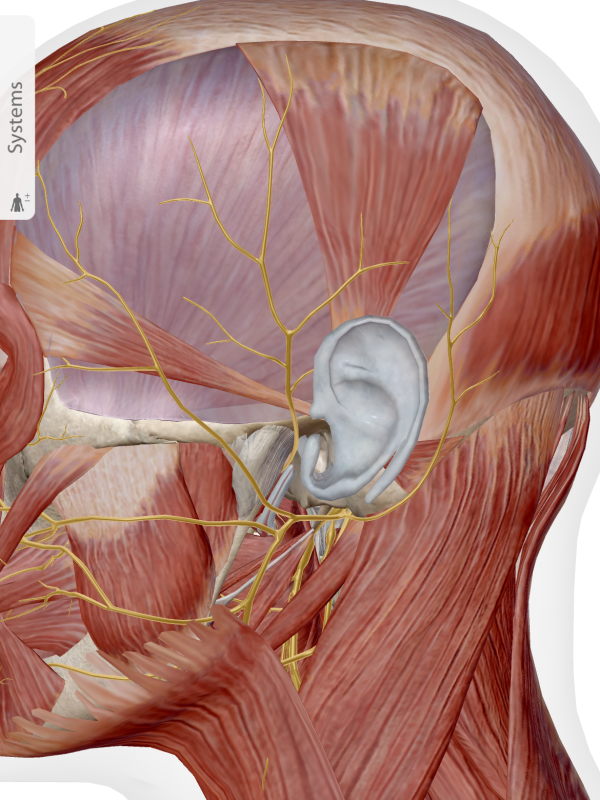
Learn targeted pressure points and self massage to help remove stagnation and help manage symptoms

Gentle Qigong and stretching routines to enhance circulation and calm the nervous system
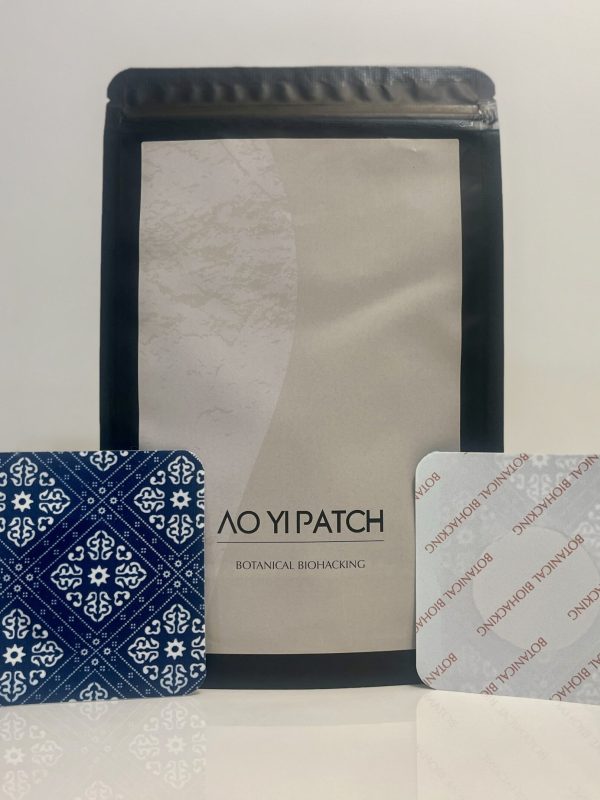
Learn how to use Patches to calm the nervous systme and ground the body to help prevent dizzyness.
If you’re struggling with vertigo, dizziness, or Meniere’s Disease, you understand how frustrating it can be when your symptoms are misunderstood or dismissed by healthcare providers, leaving you without a clear path to relief.
Willard Sheppy, a licensed acupuncturist and Chinese herbalist, knows exactly how you feel because he himself lives with Meniere’s Disease and has successfully managed his condition through acupuncture, herbal medicine, and lifestyle strategies.
With firsthand experience and deep expertise, Will provides personalized care aimed at addressing the underlying causes of vertigo, reducing symptoms, and restoring balance to your life.
Willard Sheppy holds a Master’s degree in Acupuncture and Oriental Medicine from the Oregon College of Oriental Medicine and is a Diplomate of Oriental Medicine certified by the NCCAOM.